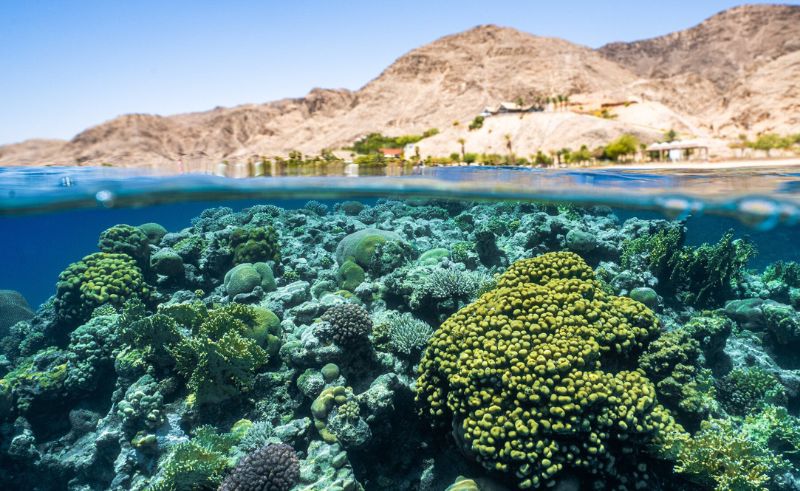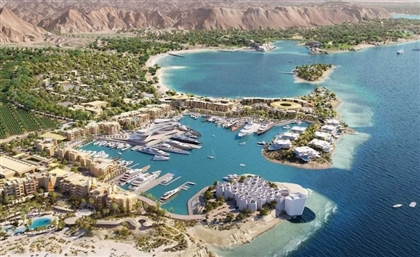Saudi Study Finds Red Sea Coral Reefs in Good Health
Field surveys by the National Center for Wildlife shows improved coral resilience and no mass bleaching events across the Red Sea.

A recent marine survey conducted by the National Center for Wildlife (NCW) has found that coral reefs along Saudi Arabia’s Red Sea coast remain healthy and resilient, with no evidence of mass bleaching or significant marine mortality.
The results followed field assessments across 64 sites from the northern to southern Red Sea, where researchers measured coral cover, water quality, and temperature patterns. Despite rising sea surface temperatures during the summer months, reef conditions remained stable, reflecting improved ecosystem balance.
The NCW said these findings mark a positive shift from previous years and align with the Kingdom’s Red Sea sustainability initiatives under Vision 2030, aimed at preserving marine biodiversity and promoting eco-tourism.
Researchers attributed the improvement to strengthened monitoring systems, marine waste reduction, and coordinated conservation projects in partnership with local authorities.
Among the most notable findings was the recovery of the Pavona coral colony, which is now being integrated into an eco-tourism zone managed by Red Sea Global, balancing environmental protection with sustainable visitor access.



























